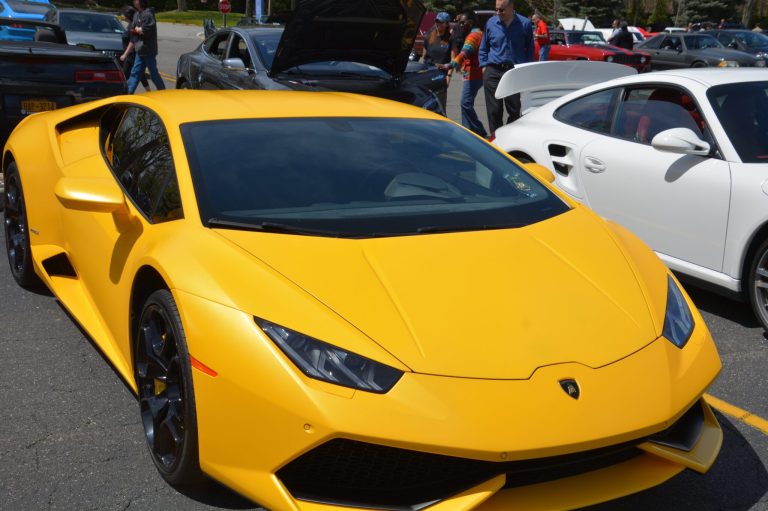
In the war between man vs. machine I suspect it’s inevitable that man will lose. Mankind is still ahead, but it’s not clear how long our lead will last. Humans will become just another step in evolution and like the film “The Matrix,” we will be enslaved by machines and will become their pets or batteries to keep them going.
There has been so many nightmarish movies about this theme that it’s almost impossible to list them all. Let’s see there has been “Bladerunner” starring Harrison Ford, “2001: A Space Odyssey” with Keir Delay, “The Terminator” series with Arnold Schwarzenegger and the film “A.I.” There is also those half-man/half-robot flicks like “Ironman.”
And if you have any doubt that films are excellent predictors of the future, just refer back to the 2011 medical disaster film “Contagion” starring Matt Damon, Jude Law and Gwyneth Paltrow. This was a film about a highly contagious deadly virus that started in China and quickly spread around the world, causing a global collapse. And nine years later we had COVID. Films are eerily prescient.
Donna Haraway wrote “The Cyborg Manifesto” back in the 1980s, describing this unnerving new blend of man and machine. And the classic text ”The Age of Spiritual Machines” by MIT genius Ray Kurzweil is a foreboding that artificial intelligence will soon outpace us and demand rights just like we do.
The threats that cyborgs present to humans is very real, but I’m just as oblivious as the next guy and have been happy to deny all of these existential/evolutionary threats so long as I have a steady income and can put food on the table. Last week, however, I read a piece in The Sunday New York Times that scared me. David Salle, one of the powerhouse artists of the 1980s and 1990s has taken on a new student to teach. He is teaching an algorithm that lives inside of his iPad to become a sophisticated creator of art. Salle reports that his A.I. is a fast learner and he/she/it is producing some great pieces of art.
Now if that doesn’t snap you into attention, maybe this will. A few months ago, I had a contest from the ChatGPT, a computer-based writing program. I chose the topic “350 words on the American zeitgeist.” I wrote my 350 words and since I have written about this subject before, I came up with what I thought was a pretty sophisticated brief on the current American zeitgeist. It took me about 90 minutes to do so.
Then I asked the ChatGPT to do the same. It took three seconds to produce a comprehensive essay on the same subject. The two essays were about even in scope and meaning. If you like math, that means it took me 5,400 seconds to produce what it took ChatGPT to do in three seconds. That means ChatGPT is about 1,800 times smarter than me. This may not concern you, but it seems somewhat disconcerting to me. And as they say, speed kills.
My guess is that the writers’ strike in Hollywood is connected to the ever-increasing threat of A.I. If a Hollywood producer can create a great script in three seconds, why bother paying a writer, even a great writer, to do the same? It’s cheaper to use a computer. And computers don’t ask for raises. At least not yet.
I am certain that in the not so far away future , computer programs will outperform psychologists, doctors, postal workers, sanitation workers, financial analysts and many others.
Science fiction films now express the struggle we face with A.I., a struggle that is highly problematic. But I do have one response to David Salle’s quest to have his A.I. student become a painter of masterpieces. I am willing to bet that no matter how beautiful the A.I. masterpiece turns out to be, when human beings view it, they will feel an odd sense of sadness or deadness or nausea. Part of the joy of viewing a piece of art is in sensing that the artist enjoyed doing the work and that the artist has chosen the enviable life of a painter.
If I were to view a near perfect piece of art and did not know it was done by a machine, I would feel good about it, and unconsciously identify with and admire the artist who chose this kind of life. If I was then told that this art was in fact created by a machine, I would undoubtedly feel nausea, the same kind of nausea that existentialists like Jean Paul Sartre referred to. But in this case, it would not be because I was realizing that life had no meaning or because God was dead but rather because I would realize that the machines had no meaning and, alas, the machines won and that man was dead.
I suspect I may be too pessimistic. David Brooks did have a column in this week’s New York Times teaching us how to be better humans. He suggested we show each other more respect and listen more to others. That’s commendable advice, but he failed to discuss things like how we ought to interact with machines and A.I.
Maybe he could teach us how not to get angry when your Skype shuts off for no apparent reason, when your computer freezes, how to find a human to talk to when you call up a company on the phone or how not to get anxious when you try to fill out some lengthy bureaucratic computer form and get lost half way through and must start all over again.
We desperately need some good advice on how humans should interact with cyborgs. These kinds of relationships will become more and more frequent and it takes a special human not to lose their humanity in the process.







